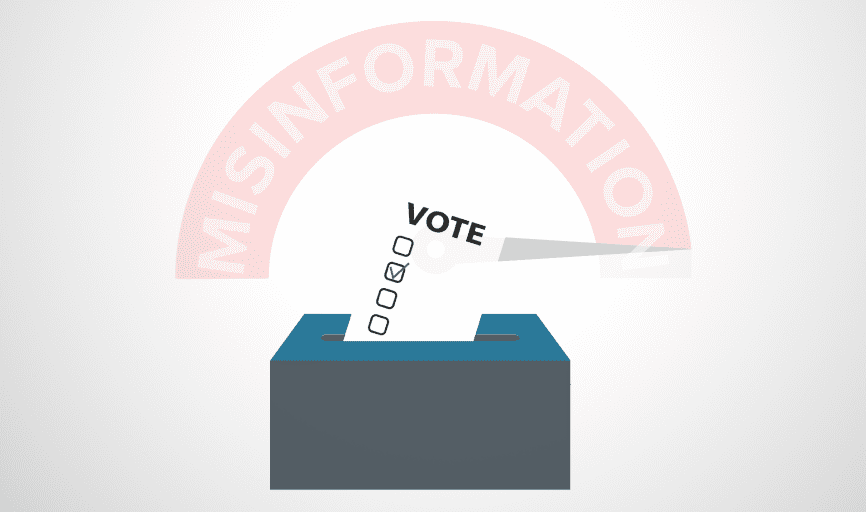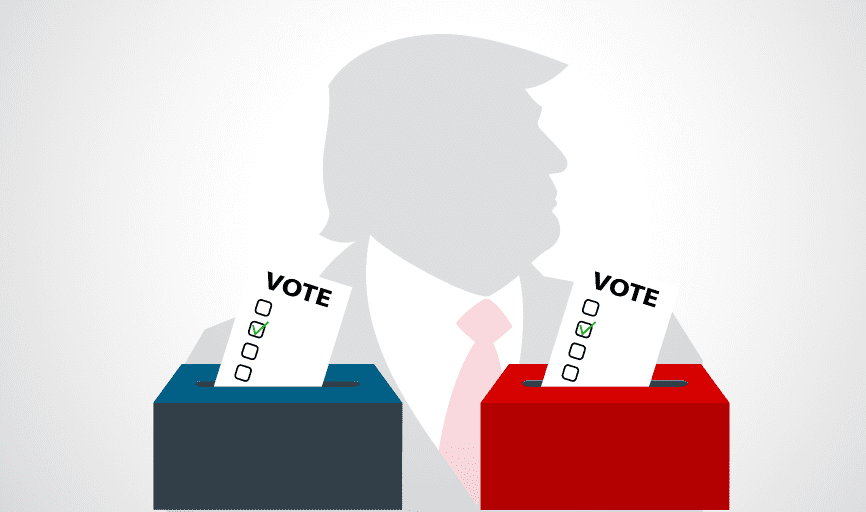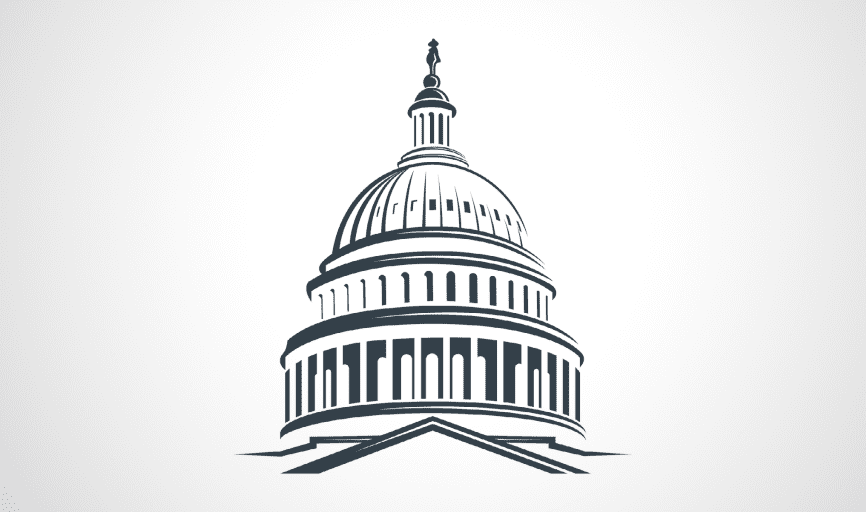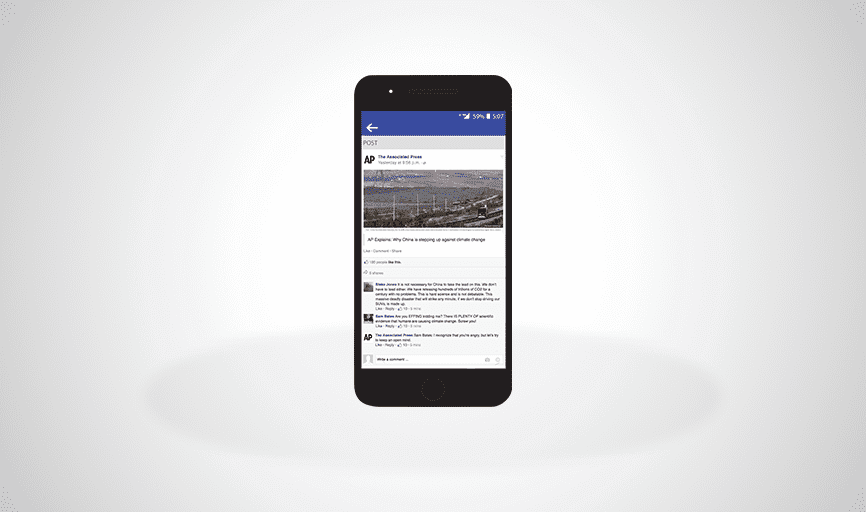Research

Even in “News Deserts” People Still Ge...
The Center for Media Engagement talked to people living in areas defined as news deserts to find out where they’re getting local information – and if it’s helping them stay informed. Read More

Anonymous Civic Participation Behaviors: Differenc...
The Center for Media Engagement wanted to find out how some aspects of identity, such as gender, age, education, political orientation, and time spent online, are tied to the ways in which people participate in certain anonymous actions. Read More

Using the Phrase “Fake News” Hurts Trust in Your J...
How three commonly used phrases for false content - fake news, false news, and misinformation - affect public perceptions of journalists and news media. Read More

STEM Graduate Students’ Perspectives on Scie...
The Center for Media Engagement conducted interviews with STEM graduate students in the U.S. and Canada to learn more about their activities that engage with the public, about how they find meaning in these activities, and about their sense of belonging in these spaces. Read More

Talking Politics on WhatsApp: a Survey of Cuban, I...
We asked WhatsApp users in three sub-groups (Cuban Americans, Mexican Americans, and Indian Americans) about their perceptions of the platform; their news and information consumption behaviors; and their encounters with false information. Read More

Texas’ Asian Communities and EMAs: How WhatsApp an...
Political campaigns across the United States are paying close attention to the rising political importance of Asian American communities across the country. Nowhere is this clearer than in Texas. Read More

How Newsrooms Can Combat Election Misinformation
As the 2022 midterm elections approach, newsrooms play an important role in warning audiences about misinformation. We held a symposium to help news leaders in battleground states learn how to detect & deal with false information. Read More

Person-Centered Terms Encourage Stigmatized Groups...
The Center for Media Engagement partnered with Resolve Philly to explore a small, yet impactful, way that journalists can connect with misrepresented or stigmatized audiences: using person-centered language, as opposed to stereotypical labels, to describe communities in news articles. Read More

Polarized Information Ecosystems and Encrypted Mes...
The Center for Media Engagement examined: How are encrypted messaging apps (EMAs) relevant for propagandists and/or activists in Egypt, Ethiopia, and Libya? How do these platforms fit into the existing (dis-)information landscape? Read More

The State of Science Reporting in Today’s Di...
The Center for Media Engagement conducted in-depth interviews with 19 journalists to explore the experiences and challenges of reporting on science in the current media environment. Read More

Understanding Election Fraud Beliefs: Interviews ...
The Center for Media Engagement interviewed 56 people who believed that Donald Trump most likely won the 2020 presidential election to talk about their political outlooks, how they constructed their picture of what happened in the election, and what sources they trusted to tell them the truth. Read More

Bridging Political Divides with Facebook Memes
Previous research by the Center for Media Engagement found that a sense of common humanity – where people recognize that their own failings are common human experiences – can help bring people together. Now we examine whether this feeling can be fostered with something as simple as a meme. Read More

Testimony: “A Growing Threat: The Impact of ...
Testimony of Samuel Woolley, Ph.D. for Congressional hearing "A Growing Threat: The Impact of Disinformation Targeted at Communities of Color." Read More

Escaping the Mainstream? Pitfalls and Opportunitie...
This report builds the foundation of our future research on diaspora communities, false information, and EMAs with regard to the 2022 mid-term elections and provides an assessment useful for the design of community-centric counter programs. Read More

Advertiser Spending on Primetime News Throughout t...
Throughout the coronavirus pandemic, television news served as a crucial source of information for the public. But our past research showed that coverage of the virus was politicized in ways that seemed to put profit and partisanship above public health, particularly on Fox News and MSNBC. Now our research turns to the advertisers that support this programming. Read More

Making Your Political Point Online Without Driving...
The Center for Media Engagement tested a tool that makes digital conversations across divides easier: expressing humility when sharing a political opinion. The results showed that writing online posts with humility can help bridge divides. Read More

Location-Based Targeting: History, Usage, and Rela...
The Propaganda Lab at the Center for Media Engagement created an overview on location-based targeting, including its history, the technologies behind it, and its usage over the years. The report also includes recommendations addressing some key concerns. Read More

Political Talk in Private: Encrypted Messaging App...
The Propaganda Lab at the Center for Media Engagement expanded its research into the use of encrypted messaging apps (EMAs) for political talk, analyzing both how EMAs are used by people for everyday political talk and how EMA technology is being used for coordinated manipulation campaigns in Indonesia, Myanmar, the Philippines, and Ukraine. Read More

A Better Way to Tell Protest Stories
Protest coverage often casts protesters and their causes in a negative light, particularly when covering underrepresented groups. To help journalists frame stories in ways that do not harm these groups, the Center for Media Engagement examined two story areas of particular concern. Read More

Landscape of the UK Science Engagement Training Co...
To help understand the impact and effectiveness of science engagement training in the UK, and what trainers and funders in the United States could learn from it, the Center for Media Engagement interviewed science engagement trainers about their approaches, content, goals, trainees, evaluation, and best practices. Read More

How Politics, Generation, News Use, and Time Onlin...
The Center for Media Engagement investigated how certain socio-political differences — including where people get their news, time spent online, political views, and age — relate to people’s views about anonymity. Read More

How Partisanship Affects Fact-Checking on Facebook
Stopping the spread of misinformation on Facebook is a difficult proposition. One of the reasons it is so difficult, particularly in the United States, is high levels of political polarization. Center for Media Engagement research shows that Democrats and Republicans are susceptible to believing misinformation about candidates from the opposing party and that Democrats and Republicans respond differently to fact checks. Read More

How Local Newsrooms Can Better Connect with Conser...
The Center for Media Engagement partnered with Trusting News and 27 local newsrooms to investigate how news organizations can help bridge the divide between the media and American conservative and right-leaning audiences. Read More

Communicating Science Across Political Divides
The Center for Media Engagement asked U.S. citizens about their expectations related to how scientists communicate with them. Read More

Digital Platform Experiences During the Pandemic
The COVID-19 pandemic upended many people’s day-to-day lives, and moved more interactions online. In this report, we analyze how the pandemic affected people’s use of search, social, and messaging platforms as well as their thoughts about the platforms. Read More

How to Connect with Disinvested Local News Audienc...
The Center for Media Engagement partnered with the Dallas Free Press to explore how Dallas residents perceive local media and how they think that media can better serve their communities. Read More

How the Public Views Deletion of Offensive Comment...
The Center for Media Engagement teamed up with researchers in three countries to examine how the public perceives comment deletion and the moderators who do it. Read More

What Americans Know and Don’t Know about Con...
We asked adults about a range of hot-button issues to find out how much the American public knows about contentious political issues. Read More

Journalist Engagement in Facebook Comments: Try Ac...
We tested journalist responses to Facebook comments on news stories in order to find out which responses led to more positive perceptions regarding the news outlets and its comment moderation. The messages were tested in the U.S. and Germany to see how well they worked across different cultures. Read More

What Americans Know and Don’t Know about Fac...
The Center for Media Engagement asked American adults to answer questions about how platforms like Facebook and Google operate. The answers we received revealed important gaps in what the American public knows about how these platforms work. Read More

